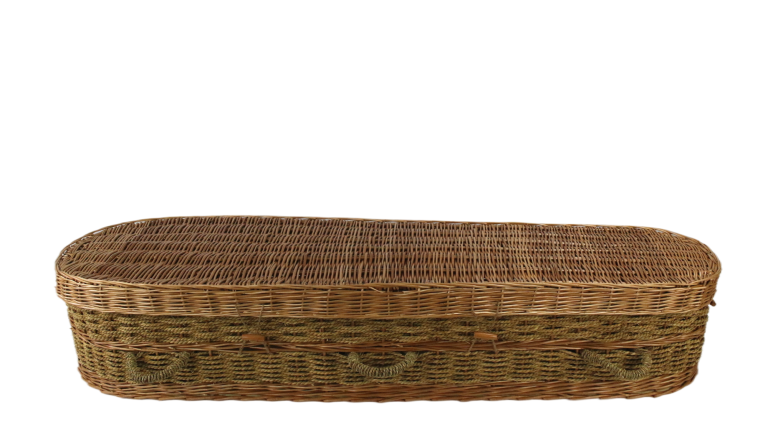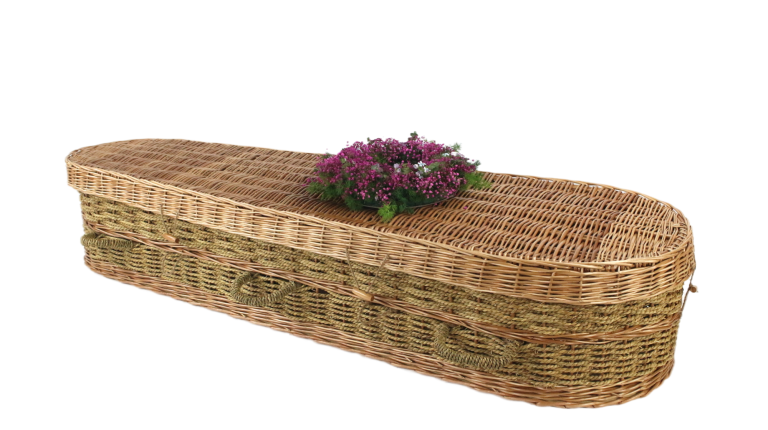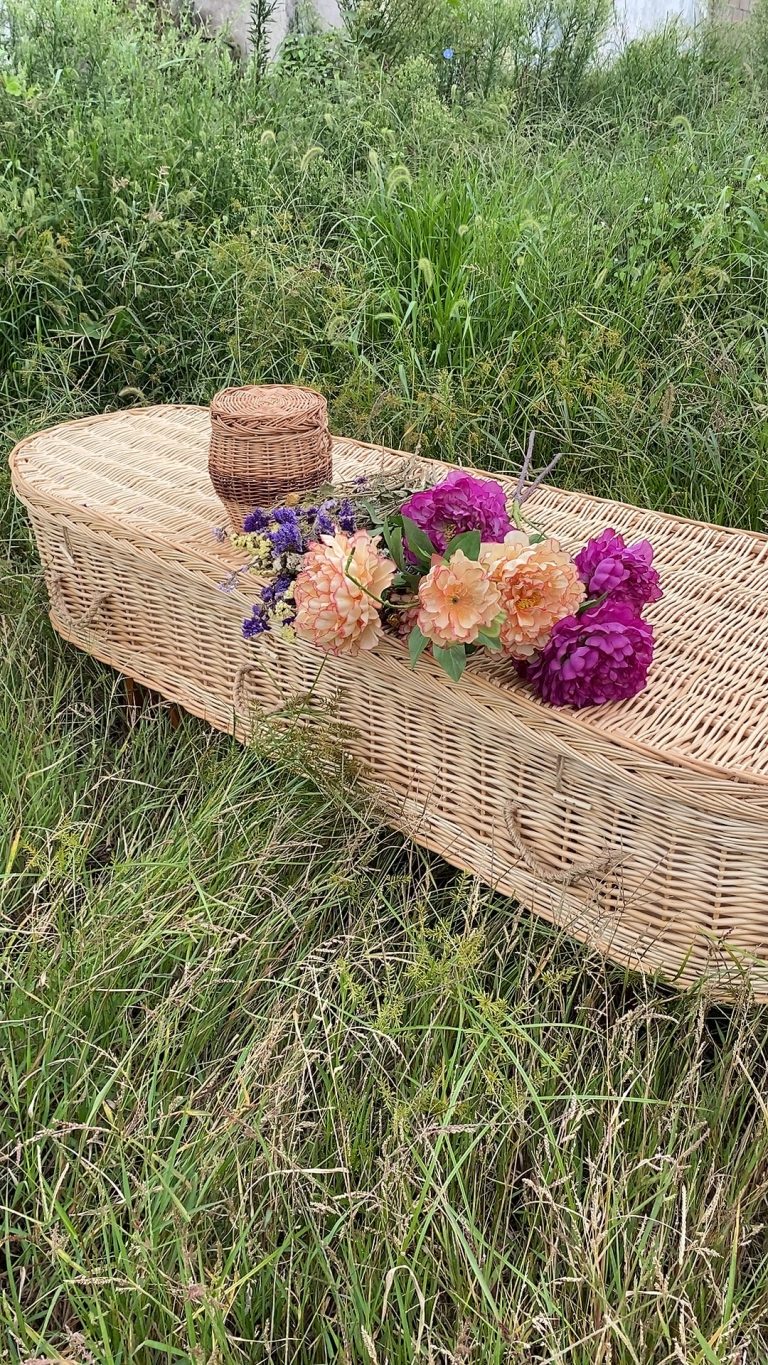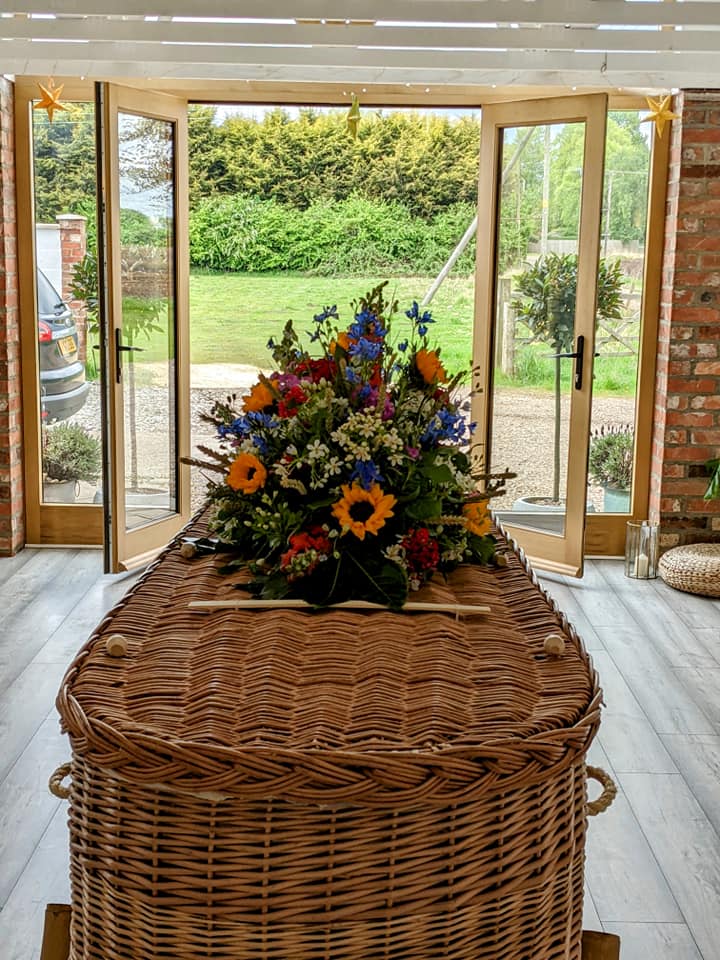The global market for woven biodegradable coffins is entering a period of steady expansion, driven by rising environmental consciousness and shifting funeral norms worldwide. As part of the broader sustainable casket sector valued at USD 2.6 billion in 2024—and projected to reach USD 4.0 billion by 2034 at a 4.4% CAGR —woven variants are gaining traction for their natural decomposition properties and minimal ecological footprint.
Consumer demand is the core growth driver. A striking 91% of people consider a funeral’s environmental impact important, with 84% open to green funeral options . Traditional coffins, often treated with toxic chemicals, contrast sharply with woven alternatives made from bamboo, willow , or seagrass—materials that decompose naturally without polluting soil. This shift is visible across regions: Europe’s funeral products market, growing at 6.09% CAGR, prioritizes such eco-friendly solutions , while North America’s 470 green burial cemeteries create steady demand.
China’s Linyi-Linshu region has emerged as a global manufacturing hub for these products, leveraging unique advantages. The area’s abundant supply of bamboo and willow reduces raw material costs, while decades of weaving craftsmanship ensure product durability—addressing a key consumer concern about biodegradable options. Local factories also excel in scalability, with production lines capable of meeting both European demand for customizable designs and North American requirements for regulatory compliance.
These factories are not just suppliers but innovators. By blending traditional weaving techniques with modern quality control, they produce coffins that meet international standards for biodegradability while offering aesthetic versatility. This has made Linyi-Linshu a preferred source for global funeral homes, bridging the gap between affordable production and eco-conscious consumption.
Challenges remain, such as higher upfront costs compared to conventional coffins and limited awareness in emerging markets. However, as governments tighten regulations on unsustainable burial practices and consumers increasingly prioritize environmental legacies, the market’s trajectory remains upward. For Linyi-Linshu’s factories, this presents an opportunity to solidify their role as key enablers of the global shift toward sustainable end-of-life practices.
We are a factory supporting eco friendly green funeral(natural willow coffins\bamboo caskets and so on) .. for detail please contact us www.phoenixnestcoffins.com;
Phoenix Nest ( Shandong ) Crafts Co.,Ltd.
Whatsapp: +86-18265103836 (Whatsapp & Wechat & Tel)
Email: jason@phoenxinestcoffin.cn
#willow coffin#greencoffins#bamboocaskets#urns#naturalcoffins#chinafactory#scattertube#naturalburial#FuneralSupplies#cross#flowerbands#shrouds #carrierfuneral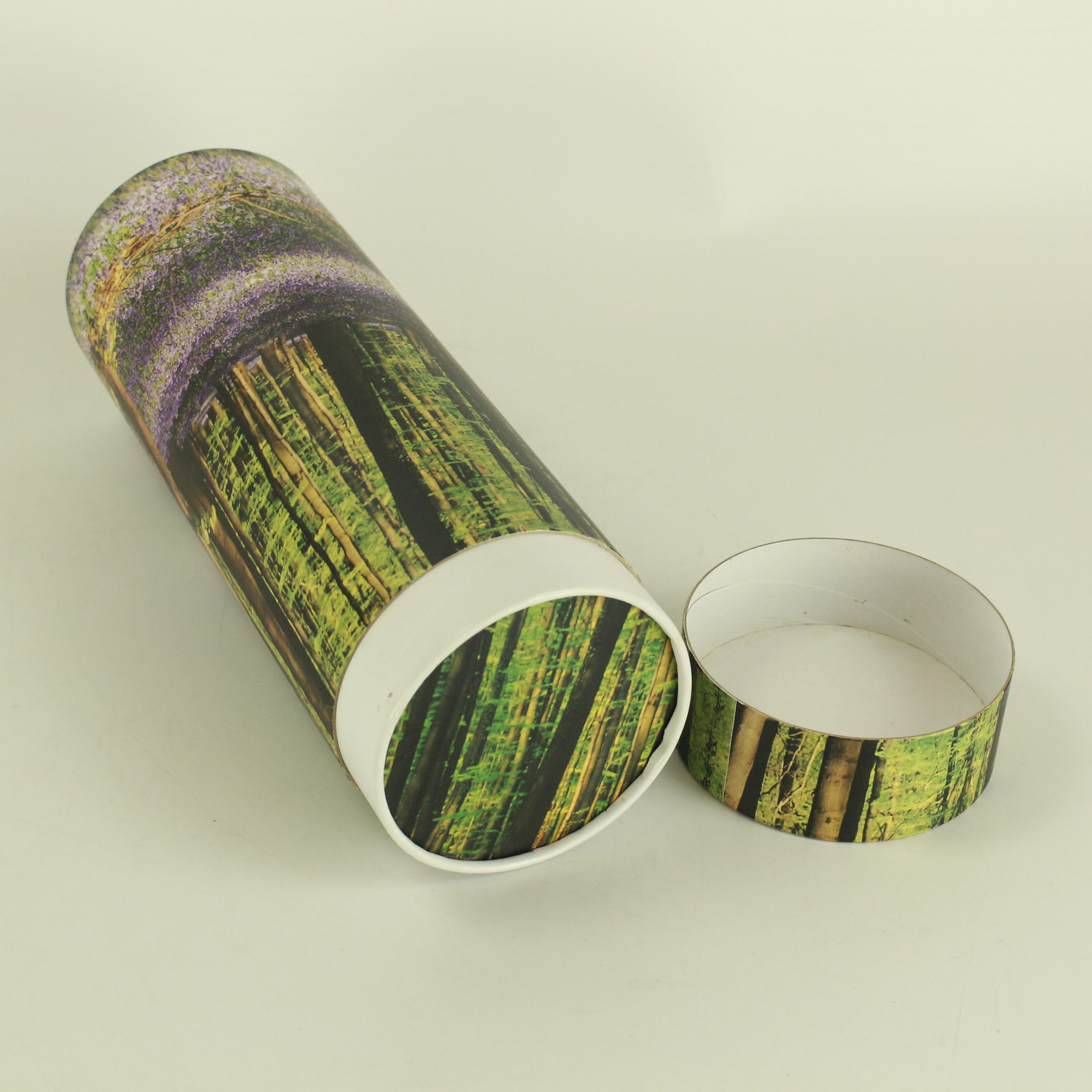 At the forefront of this customization boom are China’s factories in Linshu County, Linyi City, Shandong Province—known as “willow Town” for its 1,000-year weaving heritage#phoenixnestcoffins#celebrationoflife #memorial #cremains #lostlove #casket @everyone@followers
At the forefront of this customization boom are China’s factories in Linshu County, Linyi City, Shandong Province—known as “willow Town” for its 1,000-year weaving heritage#phoenixnestcoffins#celebrationoflife #memorial #cremains #lostlove #casket @everyone@followers

